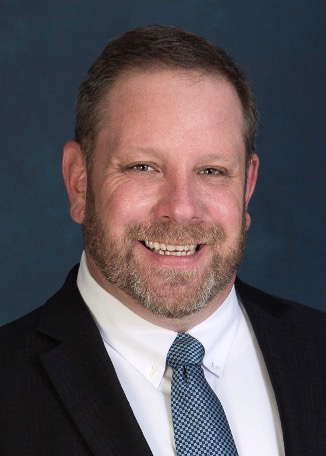
Scholars who disputed this usage advocated the Foucauldian notion that the concept of sexual identity did not become a functional category until the nineteenth century. Boswell stressed that his use of gay was not anachronistic rather he selected the term to indicate individuals who chose same-sex relations. His study heightened the essentialist-social constructionist debate over the understanding of same-sex relationships in the past.

At the opposite end of the spectrum, Catholic and conservative Christian readers attacked his work as a distortion of fundamental Christian principles. He was labeled an apologist for Christianity, attempting to read homophobia out of Christianity.

Boswell, himself a converted Catholic, was criticized for advocacy scholarship.

By applying the term gay to the past, Boswell suggested a transhistorical identity.īoswell's research, critical perspective, and conclusions sparked a variety of responses-not all positive. He positions the rise of homophobia in the late twelfth and thirteenth centuries, when Christian writers read their attitudes back into earlier texts. He posits that "gay subcultures" existed in both ancient and medieval times, and explores the twelfth century as a period when homoerotic relationships flourished, even among members of the clergy. He further maintains that neither scripture nor early Christian society demanded a negative response to same-sex relations. He stresses that there had been tolerance for homosexual acts in Greek, Roman, Hebrew, and early Christian societies. In it Boswell challenges an idea that had become a commonplace: that Christianity had always considered homosexual acts morally wrong and that it had a longstanding tradition of homophobic practices. His groundbreaking work Christianity, Social Tolerance, and Homosexuality: Gay People in Western Europe from the Beginning of the Christian Era to the Fourteenth Century (1980) won the National Book Award for History in 1981. He died of an AIDS-related illness in 1994. In 1987 he was instrumental in creating the Lesbian and Gay Studies Center at Yale. A popular teacher and lecturer, Boswell frequently spoke on issues concerning gay rights. Whitney Griswold Professor of History in 1990. He became full professor in 1982 and was named the A.
from Harvard in 1975, he joined the Yale history department as an assistant professor. Born in 1947 in Boston, he attended the College of William and Mary, and after earning his Ph.D. John Boswell was perhaps one of the most controversial and influential figures in the fields of the history of sexuality, religious studies, and medieval history in the late twentieth century.


 0 kommentar(er)
0 kommentar(er)
